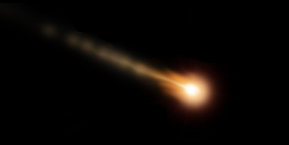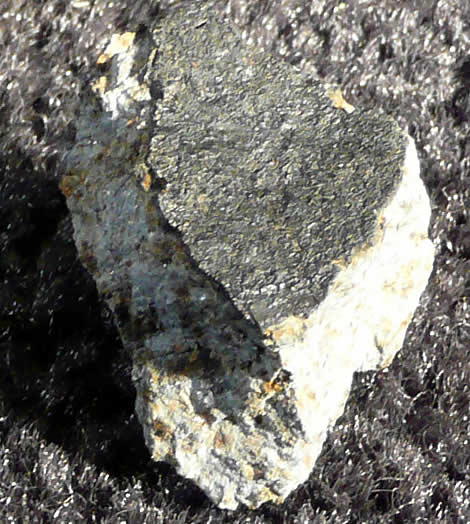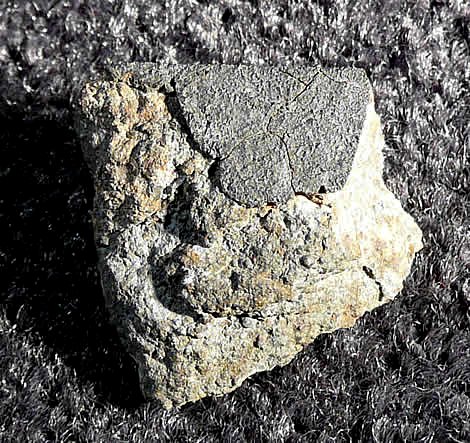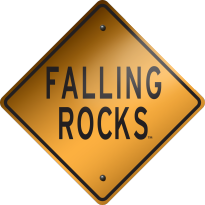
COLLECTION
| Meteorite Name: | Weston |
| Location: | Connecticut |
| Classification: | H4 Chondrite |
| Witnessed Fall: | Yes |
| Date and Time: | December 14, 1807 |
| TKW: | ~ 150 kilograms |
| Remarks: |
On December 14, 1807, Nathan Wheeler, Justice of the Court of Common Pleas,
observed a bolide approaching from the northern horizon at 0630 hours. The
fireball vanished into a cloud and left a train of smoke and sparks for half
a minute. A minute later, Justice Wheeler heard three loud explosions prior
to a rumble that sounded like "a cannon ball rolling across the floor."
William Prince and his family were awakened by what they thought was
lightning and later discovered that the supposed strike had left a hole in
their front yard. Upon hearing stories of stones falling in other parts of
Weston, he unearthed a 35-pound fragment from the hole, broke it apart and
gave it away as souvenirs. Several others witnessed the bright fireball and subsequent impact, and Yale professors Benjamin Silliman (the first to ever teach a science course in the United States, chemistry at Yale in 1802) and James Kingsley soon gathered 330 pounds of the H4 chondrite as well as numerous witness statements. Less than 50 pounds can be accounted for today, much of which is institutionally held. Thomas Jefferson, then-President of the United States and known as a scientific statesman, was rumored to say at the time, "I would more easily believe that two Yankee professors would lie than that stones would fall from heaven." Recent research has suggested his words were somewhat different ("A cautious mind will weigh well the opposition of the phenomenon to everything hitherto observed, the strength of the testimony by which it is supported and the errors and misconceptions to which even our senses are liable. It may be very difficult to explain how the stone you possess came into the position in which it was found, but is it easier to explain how it got into the clouds from whence it is supposed to have fallen?"), but there is little doubt that Jefferson's Embargo Act, which became operational only eight days after the Weston fall, likely colored his judgment about the true extraterrestrial origin of this meteorite. The New England states, Connecticut in particular, were most affected by the Embargo, and New Haven, as only one example, never recovered as a seaport. Relations between Jefferson and Connecticut were strained at best. Nevertheless, he was intrigued by the fall and ordered an investigation by one Nathaniel Bowdith of Salem whose findings supported those of Silliman and Kingsley, thus confirming the first witnessed fall in North America by European settlers. |
 | |
| 8.92 gram crusted fragment | |
 | |
| 12.1 gram end cut with two polished faces | |
